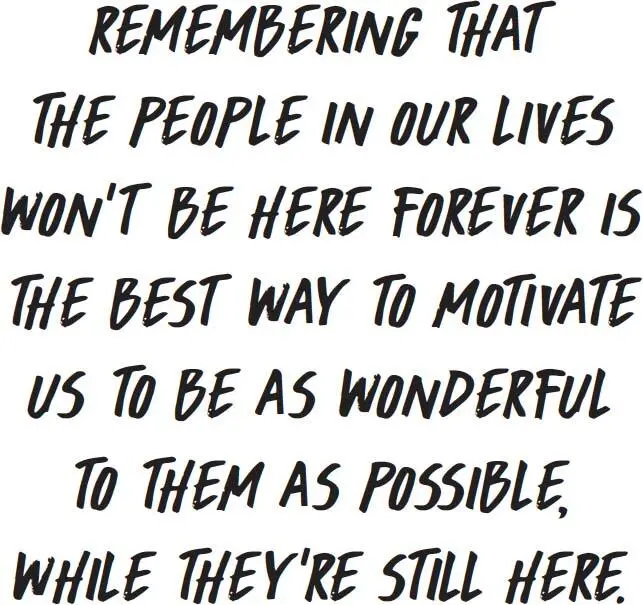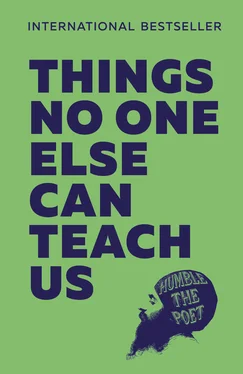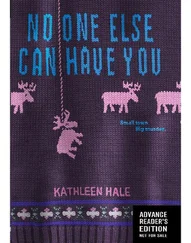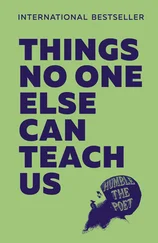I made time to beat myself up after Boomerang’s death. I was unforgiving, frustrated, and unkind. I said a lot of mean things to myself, but more important than needing to hear it, I needed to say it. At that point it was the closest thing to tears I would let flow out of me.
Once I got it out, I started making a list of other people in my life who, like Boomerang, may not have been well versed on my hustle but were wonderful for my spirit. I took that list and put reminders in my phone to reach out to those people every fifty days. Inspired by Boomerang, I started with a simple, “Hey, how you been?” I would listen to the answer, ask more questions, and then speak some more.
As time went on, life consumed me again, but those reminders still buzzed, dinged, and beeped, encouraging me to reach out to friends I’ve made around the world. The more I do this, the better life feels. I put our hangouts into my calendar because if something’s not in my schedule, it’s not a priority. I no longer said, “Sorry, I’m headed to LA.” Instead I said, “Hey, I’ll be heading to LA in eight days, let’s squeeze something in.”
This has slowed down my output just a bit, but what am I working for if I have no one in my life worth sharing it with? Focusing on less has also allowed me to dive deeper into things that excite me instead of simply trying to keep my lips above water with an overwhelming TO-DO list.
“What can you do for me?” always leads to isolation. And that isolation can’t be helped with a juicy bank account. If anything, success will only amplify the loneliness. We all want connection, and we think being desirable will finally scratch that itch, so we chase things like success and accolades to make ourselves more desirable to others. The problem with that is, if we don’t improve how we feel about ourselves, it won’t matter how many others desire us. We’ll start thinking less of them for wanting to be around someone like us.
After Boomerang died, I realized I didn’t want to play that game anymore. What for? What other people can do for me will rarely get me out of bed, because there’s no meaning and purpose behind it other than stroking my feeble ego. I realized that I felt connected, significant, and seen by others when I took the time to ask, “What can I do for you?”
Although my time with Boomerang was temporary, his impact won’t be. Boomerang’s life gave me a model for how to make time for people I care about, and his death gave me a sharp reminder of how much prioritizing friendship matters. His approach to friendship wasn’t a deep secret or anything revolutionary, but it took his passing for me to take the steps to implement it in my own life.
Boomerang’s death challenged me to find real, sustainable solutions to problems I only talked about in the past. Words mean nothing if actions don’t follow. Instead of selfishly chasing my ambitions, now I make time for the people I care about.
… if you want to go far, go together.
—The rest of that African proverb
If I could say one more thing to my friend Boomerang, it would be: I miss you man. I’m sorry I wasn’t a better friend and didn’t make more time for you. I’m going to learn from my past and make a better future for anyone who crosses my path. I think about you every day, and thoughts of you make this life feel a little less lonely. I will honor your beautiful memory through action and service and hold myself to a standard higher than my old self-indulgent ways.
Thank you for setting that bar.

I had started visiting New York regularly for work, and it was love at first sight. The energy, the people, the endless sources of stimulation and distraction—everything about the city was exciting. I felt like I was becoming a cooler person just by being there. But then I was violently robbed on a small street between Brooklyn and Queens in the middle of the night, and that love affair ended abruptly.
The trauma from that experience stayed with me. Once the cuts and bruises healed from the attack, I still found myself tensing up and freezing whenever people got physically close to me.
I hated that this experience changed me: I felt like I had lost a part of myself. I was constantly anxious and often involuntarily relived the experience. So many things were triggering. It felt exhausting.
So when I was approached by a stranger in the New York subway at midnight several years later, I had the choice to either freeze and not engage or to do something different.
I had just finished my first sold-out performance in Manhattan and was taking the subway home after dinner with a cousin. Subway stops in New York are full of character, and full of characters. Most people drown each other out with the music in their ears, and I did the same. I was waiting for a train at a station that was particularly old and run-down. I thought of the Ninja Turtles as I saw rats scurry across the tracks.
As I stared at the rats, singing the “Turtle Power” theme song in my head, an older gentleman approached me, wearing clothes out of 1990s Harlem. Instead of walking by, he stopped and said something to me. I didn’t hear him with my headphones on, and as I took them off and was about to ask him to repeat what he’d said—since I thought he might be asking directions—he continued speaking.
“I see angels and demons around you.”
The postattack anxious voice inside me said, Umm, okay … I’m uncomfortable.
“I see them all around you, you’re an angel,” he said, before turning away.
It was close to midnight at a subway station in Harlem, so what else could I expect? I didn’t think much of it, but I still had my guard up, because, as I had already learned, anything can happen.
The train arrived and I got in and took a seat. The older gentleman walked around the empty car and then sat down across from me. He stared at me, eyes wide, mouth half open, like a child absorbed in a favorite TV show. He looked at me intensely, but I didn’t feel any uncomfortable energy. Although I felt confused, I gave the man a smile, which prompted him to speak again.
“They’re all around the car, angels and demons, I can see them, you don’t see them?!”
I spoke out loud for the first time. “I don’t,” I replied honestly.
“You need to know you’re an angel, you have to watch out for those fucking demons.”
I have a few exes who would disagree with that assessment, but thank you?
Some passengers tried to ignore what was happening, while others peeked over their phones, finding our exchange interesting. I was still fifteen stops away from my destination, but something inside me trusted this stranger enough to ask him a question, to start a conversation. There was something genuine in him, and something in me that made me less afraid than I’d felt in months.
“How do you know I’m an angel?” I asked, feeling less fearful. The anxiety was still there, but what had also been growing was frustration from being so closed off to everyone. It was isolating and suffocating. I never wore my trust issues as an identifying marker. I never wanted to have any trust issues to begin with, but it was hard to be open to others, even when I tried. This night, however, and this gentleman for some reason, was making it just a little bit easier.
“See the light around you? It’s a different color, a different color from the rest of these fucking demons. Can I sit beside you?”
Читать дальше














